EBITDA VERSUS OPERATING CASH FLOW
A vast majority of organisations are focussed – and incentivised – entirely by EBITDA. This usually means working to increase revenue or reduce costs, while maintaining service levels.
EBITDA is only a single indicator. To develop a full picture of the health of any given firm, a number of measures must be taken into consideration. Many organisations are failing to realise greater financial outcomes that can be achieved by leveraging working capital improvements. While the benefits from reduced cost usually take a year or more to deliver, working capital gains can be achieved almost immediately and with relatively little effort.
On the supplier side, the most obvious method of improving working capital is to increase payment terms so that cash remains in the business for longer. Here, the benefit can be realised almost as soon as the next run of invoices is processed. Instead of paying suppliers after 30 days, they are paid after 60 days, creating immediate and significant improvements to cash flow.
On the customer side, the most obvious method of improving working capital is to ensure invoices are being paid duly. Here, the benefit is almost immediate, unpaid invoices will be converted in cash faster.
In both contexts, the critical success factors rely on the global adherence of key activities and their sustainability.
ALGECO: A CASE IN ACTION
Algeco is a leading global business service provider focussed on modular workspace, secure storage solutions and accommodation management. It operates across all continents with annual revenue around €1bn.
Algeco delivers for its customers – ‘wherever, whatever and whenever the need’ and has a thriving service culture that is available, adaptable and reliable. It services the needs of 37,000 customers globally, with particular expertise in public administration, construction, energy/natural resources and industry and services.
However, internally Algeco recognised that it needed to generate overall company awareness around working capital – not just within the finance functions but throughout the organisation. For example, its thriving sales organisation was well-focussed on new business but didn’t have any responsibility for cash inflow from existing contracts.
Collection activities and processes varied substantially from country-to-country and were largely unstructured. In some countries, overdues represented 50% of Accounts Receivable. A clear dispute management programme was not in place, and the days outstanding (DSO) for country in scope was at 63 days at the start of the project.
KEY OBJECTIVES
Key objectives were to reduce the number of days outstanding by 15% and increase cash awareness across the organisation.
Together with Algeco, we outlined five parallel initiatives:
- Establish an approach to rapidly address top overdues to generate cash – ‘dash for cash’
- Implement a dispute management programme throughout the entire organisation, with buy-in from all relevant stakeholders: Sales, Operations and Finance
- Restructure the collection process
- Optimise invoicing and unbilled management
- Roll out a group-wide, standardised monthly working capital reporting process
Results
After six months, our five initiatives proved to be highly impactful.
- DSO was reduced from 63 days to 51 days – a 20 percent reduction – and generating double-digit millions in cash release.
- Overdues reached the lowest level in the company’s recent history.
- The majority of dispute root causes were eliminated. For remaining disputes, a structured process with service level agreements was established.
- Reviewed and upgraded group governance through implementation of a digital monitoring of Working Capital performance. This is now utilised on monthly business reviews.
- Employees embraced the impact of working capital, and cash awareness is integrated into daily business functions.
- Improved relationships between sales and finance functions.
Subsequently, Algeco expanded this project scope to its business units throughout Asia and Australia to ensure the globality of the approach

HOW IMPORTANT IS WORKING CAPITAL?
Businesses that prioritise working capital realise that it is actually the cheapest means of accessing finance, removing or reducing the need for expensive bank finance, equity dilution or issuing shares. It can also lead to a greater impact than classical procurement savings, which has a more immediate effect on the business.
In some cases, it’s possible to improve the balance sheet by as much as 20% percent, depending on the size of the business, which can prove extremely attractive to potential buyers or private equity owners.
Finally, there are the additional gains that come from having a more streamlined and harmonious organisation; one in which procurement, supply chain and finance work together – not only on working capital and payables, but throughout the organisation.
This leads to more efficient and congenial working relationships throughout the business and the potential for further initiatives to drive value, reduce cost and ultimately create a more sustainable and profitable organisation.
Printable PDF